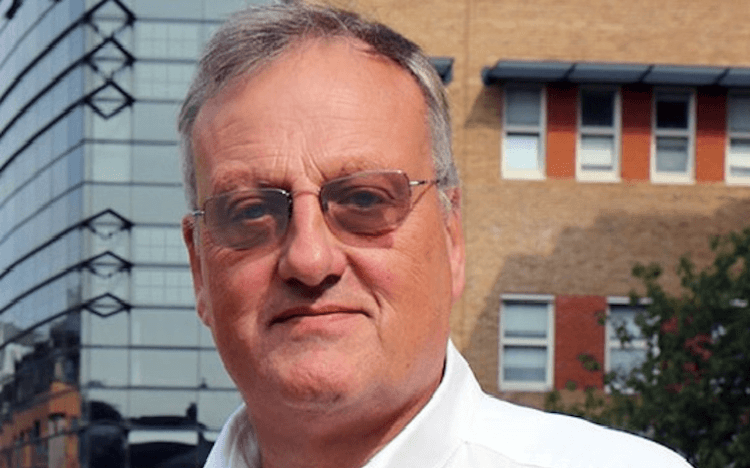From a family of dentists, Alastair has always been exposed to the importance of healthcare. He’s approaching the fifth decade of his career as a pediatric hepatologist—a children’s liver specialist.
Even senior professionals, across diverse industries like healthcare, can benefit from going to business school, he says.
Changes in the NHS
Since 1980, when he officially qualified, Alastair has seen many changes in governments and policies.
The NHS still stands strong—but increasing economic streamlining and business orientation in the service is creating an influx of new managers into the system.
“For some time I had been thinking that the NHS was going to be managed more than ever, going back to the idea that the money follows the patients,” Alastair recalls.
“It became clear to me that although I was on board with these ideas, there was a depth of knowledge that I didn’t have.”
A healthcare management MBA—a packed toolkit of leadership and business skills with a medical context—seemed like the perfect option.
But crucially, Alastair was seeking an alternative view—an outsider’s approach which would allow him to bring changes and new ideas into the NHS.
With ESCP Europe, the world’s first business school, opening up a campus in London, Alastair earned a place on the Executive MBA program, allowing him to continue his work while training for a senior managerial position.
Collaborative, European outlook
Alastair praises the collaborative outlook and approach of the EMBA.
“As a healthcare worker, I’m not particularly sympathetic to the idea of extreme competition or a dog-eat-dog mentality,” he says, “I’m much more collaborative than that.”
This in particular relates to ideas that he thought wouldn’t be implementable or compatible with the ideology of the NHS.
“I felt that if I did a European program, as opposed to a US one, I’d see a more collaborative approach to the management of people and services, as well as making money.”
This came through a lot in the teamwork approach of the course, something which was fairly new to Alastair compared to the more hierarchical organization he was used to.
In the diverse EMBA cohort at ESCP, he was able to learn from a variety of different industry professionals and skillsets, learning how to assign these to various group projects.
“The idea of doing work among equals according to your skillset, preferences, and willingness, was a really useful experience to learn from,” he notes.
Despite his limited business skills, it also boosted his confidence as a leader.
“Because of my age, people looked to me when no one else knew what to do. It was a really nice feeling—although I’m not sure I always got things right!”
A new role in the NHS
Bringing back these skills and proficiency to the NHS was one of Alastair’s primary goals in earning an EMBA.
Now a senior consultant at King’s College Hospital in London, Alastair is in charge of a team of nine consultants dealing with almost half of UK children’s liver disease.
“It really helps you see the world in a different way. It gives you an authority among managers, as well as a knowledge base, a skillset, and credibility.”
Alastair’s advanced medical knowledge, combined with the leadership skills he gained during his EMBA, has also earned him one of the highest positions in clinical governance in the NHS, as a Caldicott Guardian, ensuring the correct, ethical, and confidential use of people’s health and care information.
“[The EMBA] has given me a confidence and authority beyond just looking after patients on a primary level, allowing me to do more important things for the NHS and my department,” Alastair stresses.
“If I hadn’t done my EMBA, I don’t think I’d be nearly so effective, nor would I have ever been chosen for the role in the first place.”








